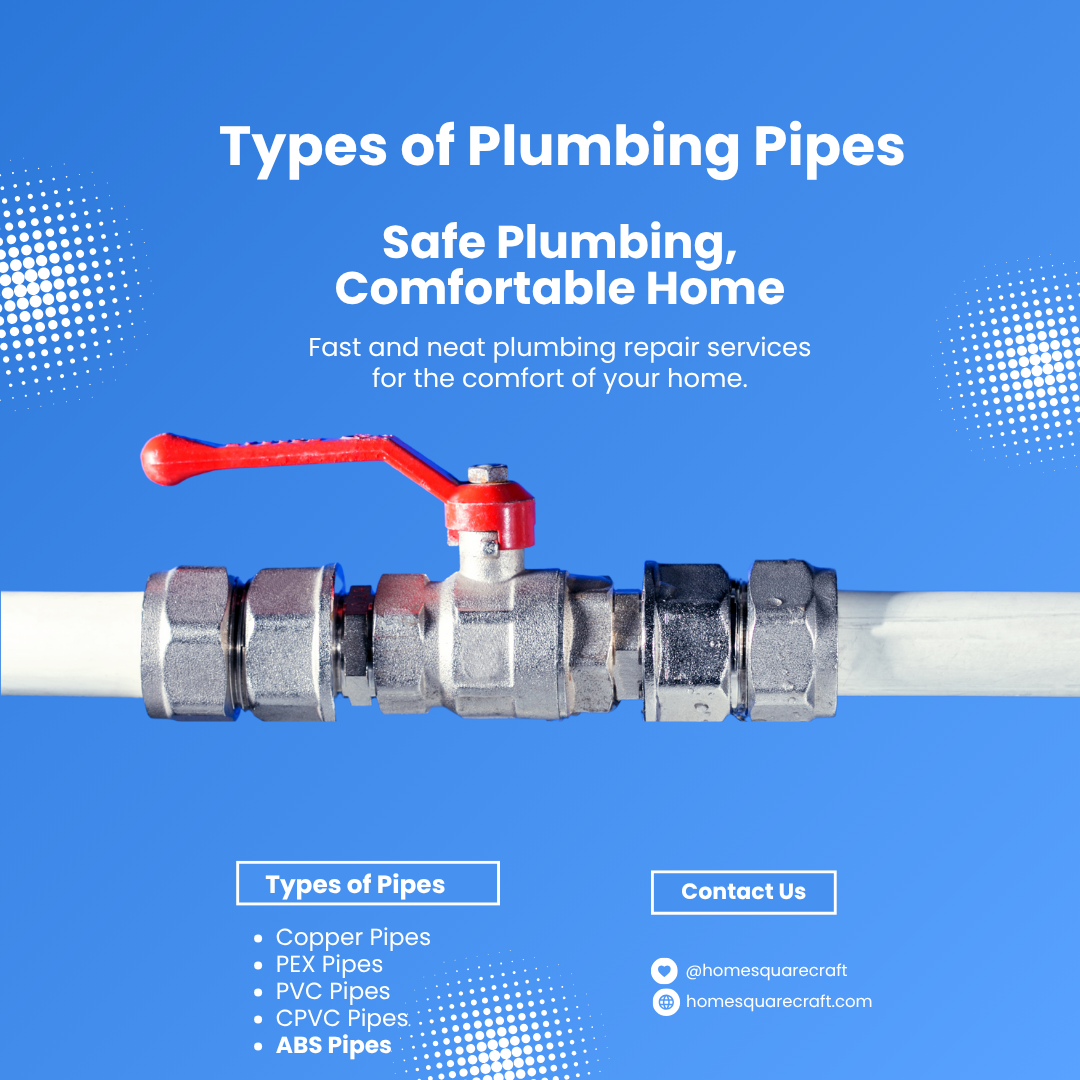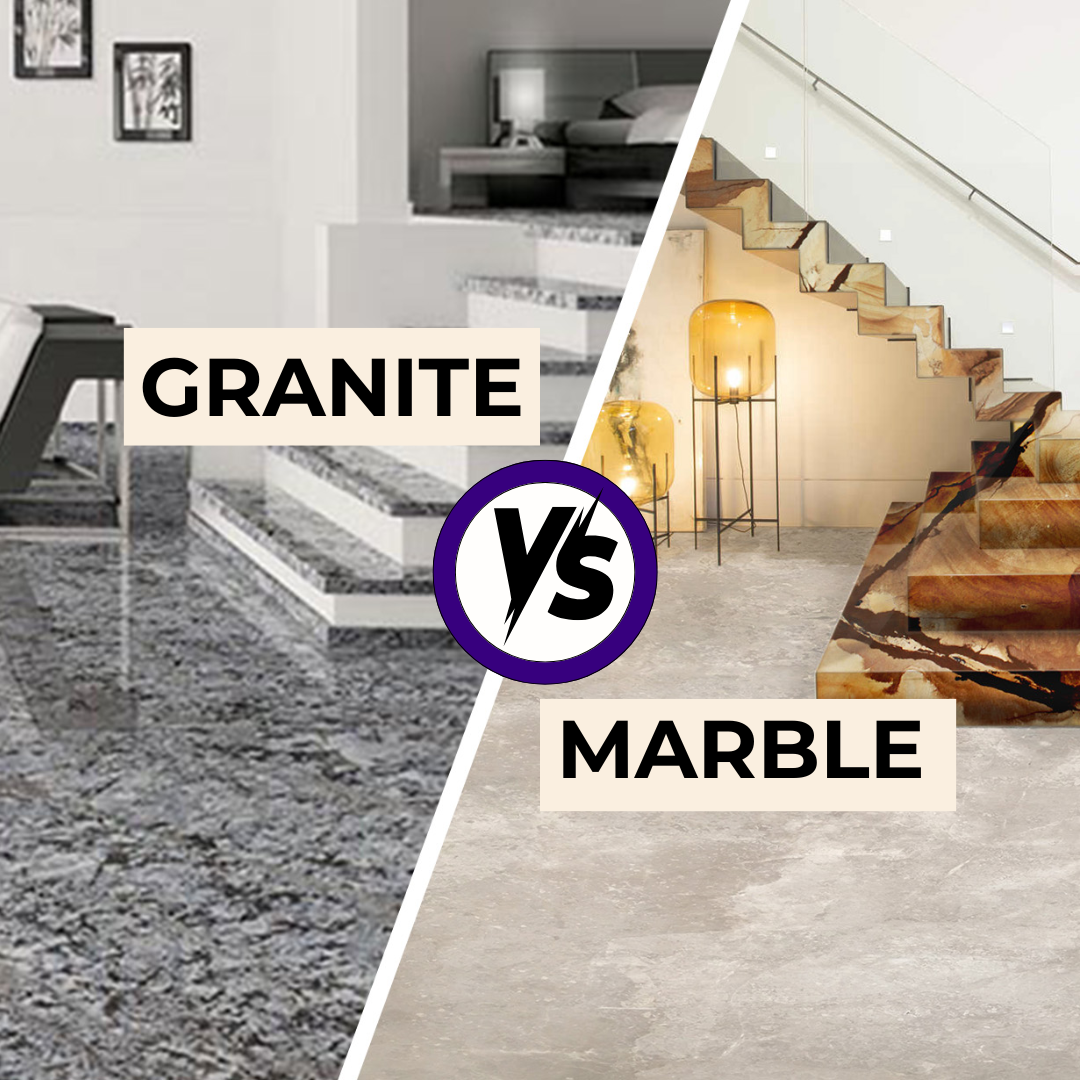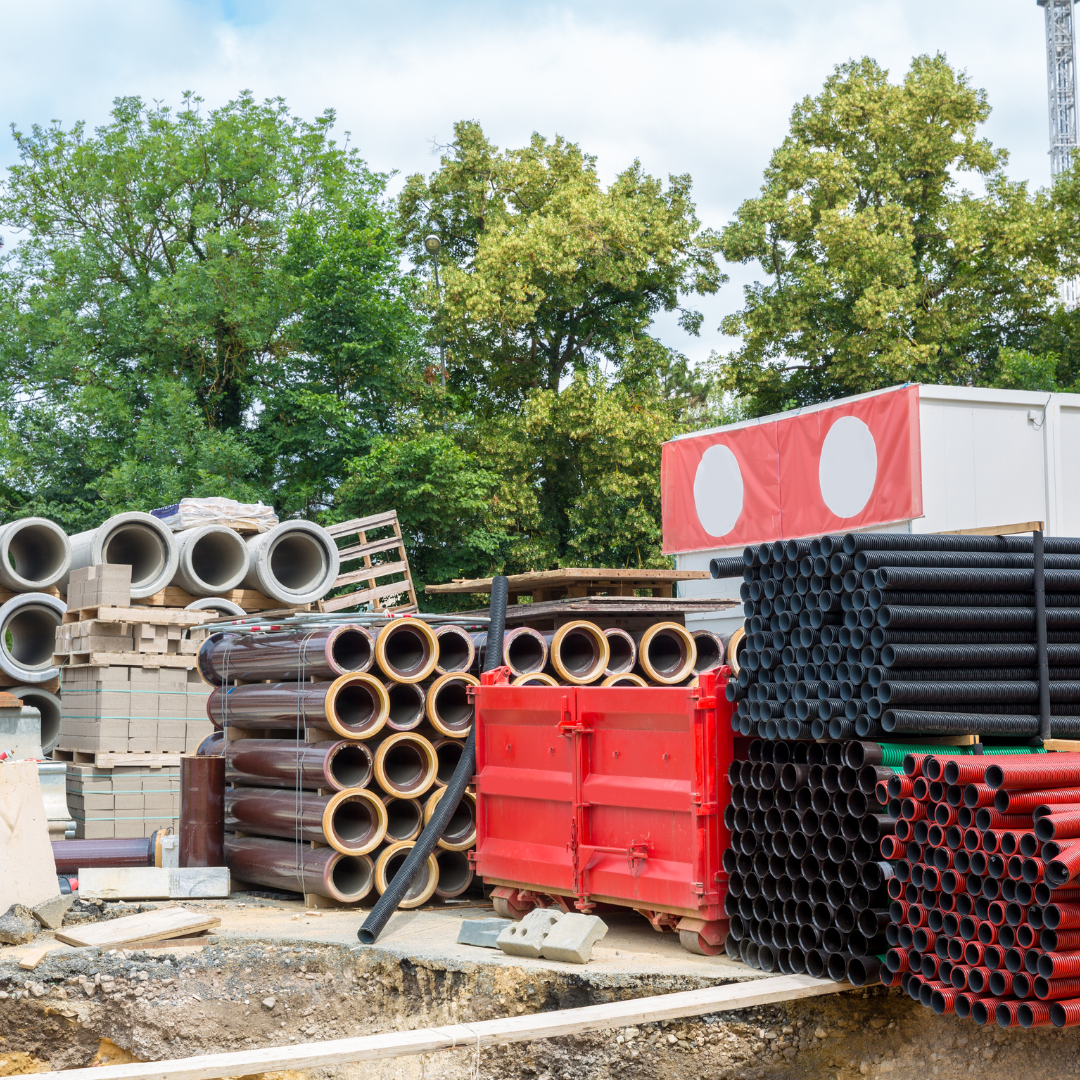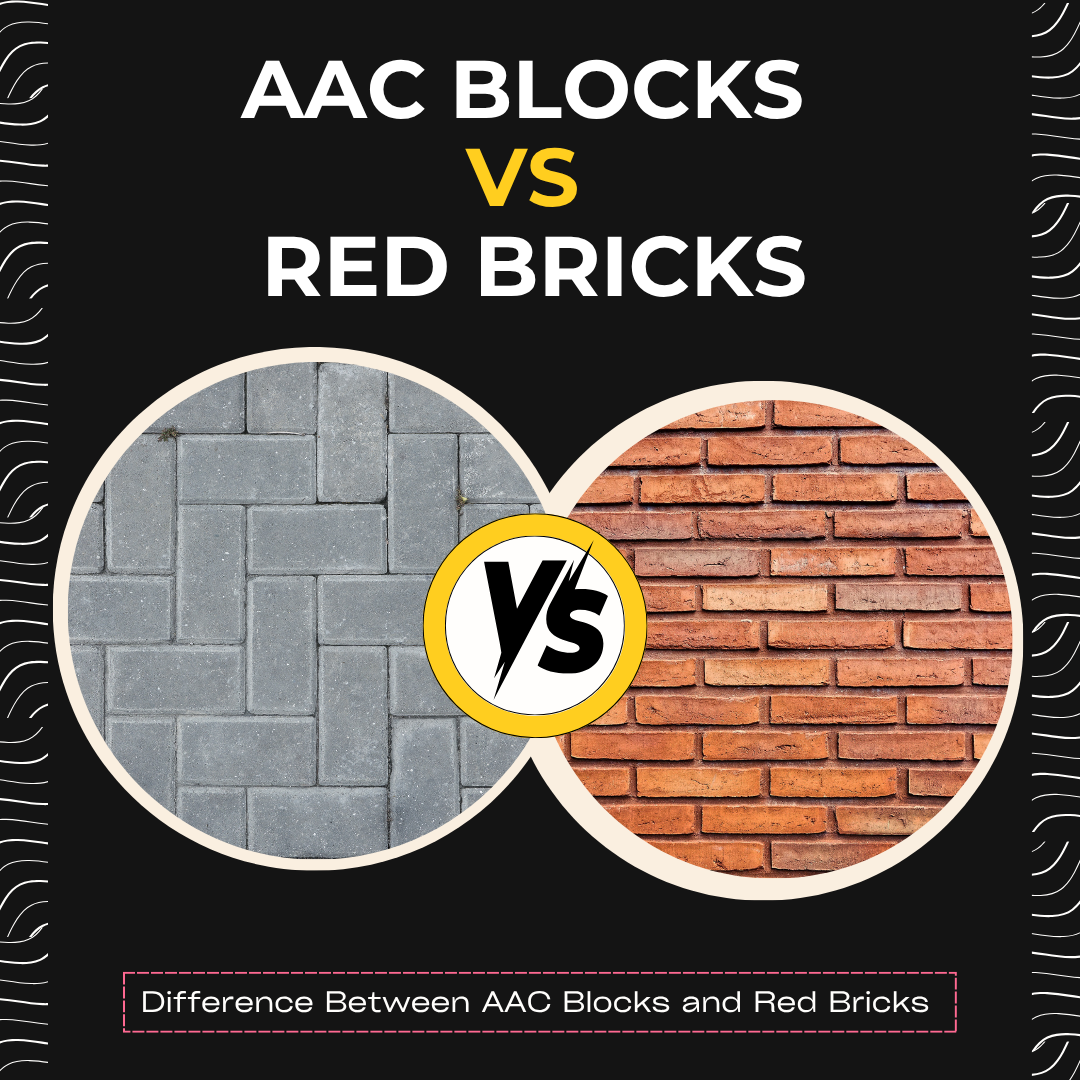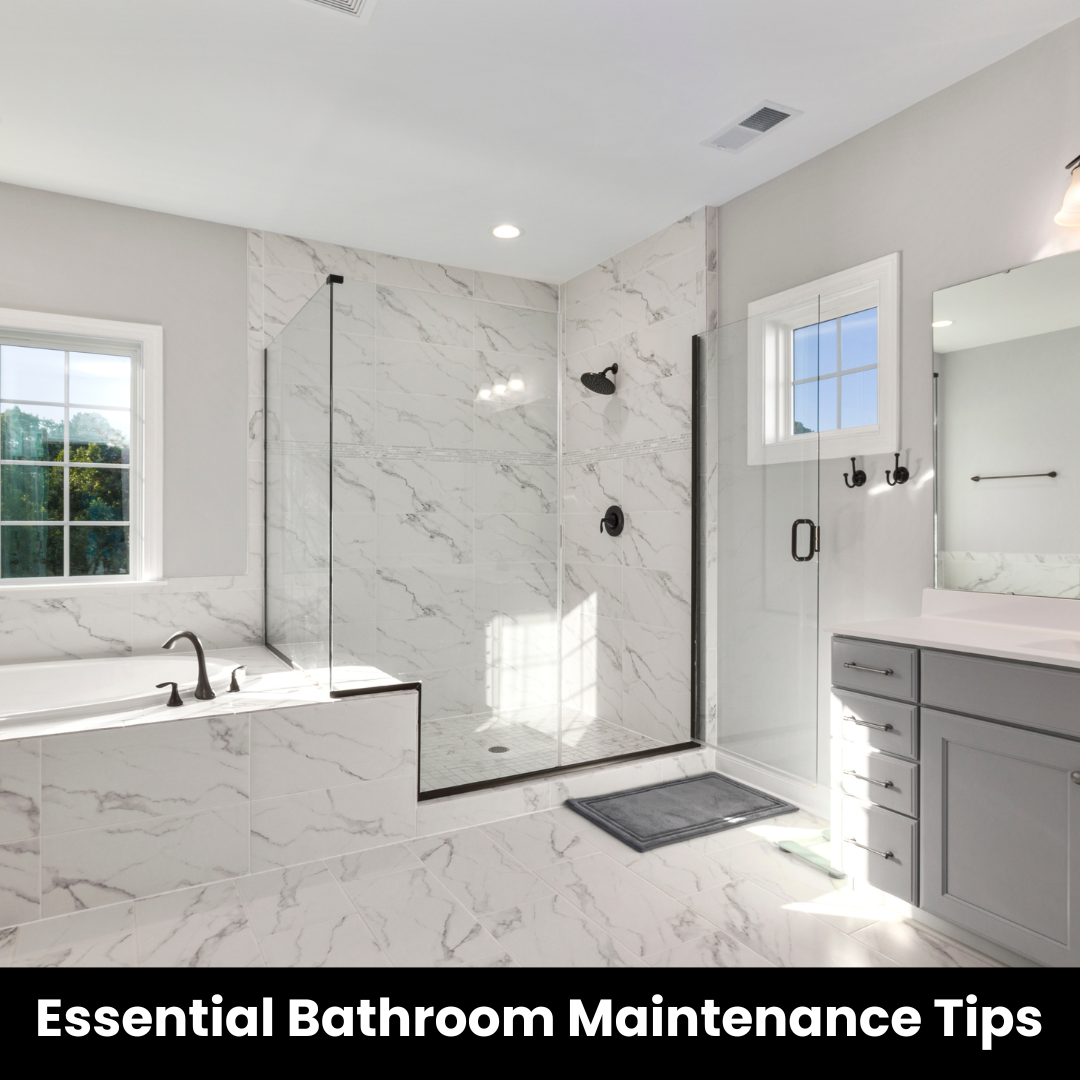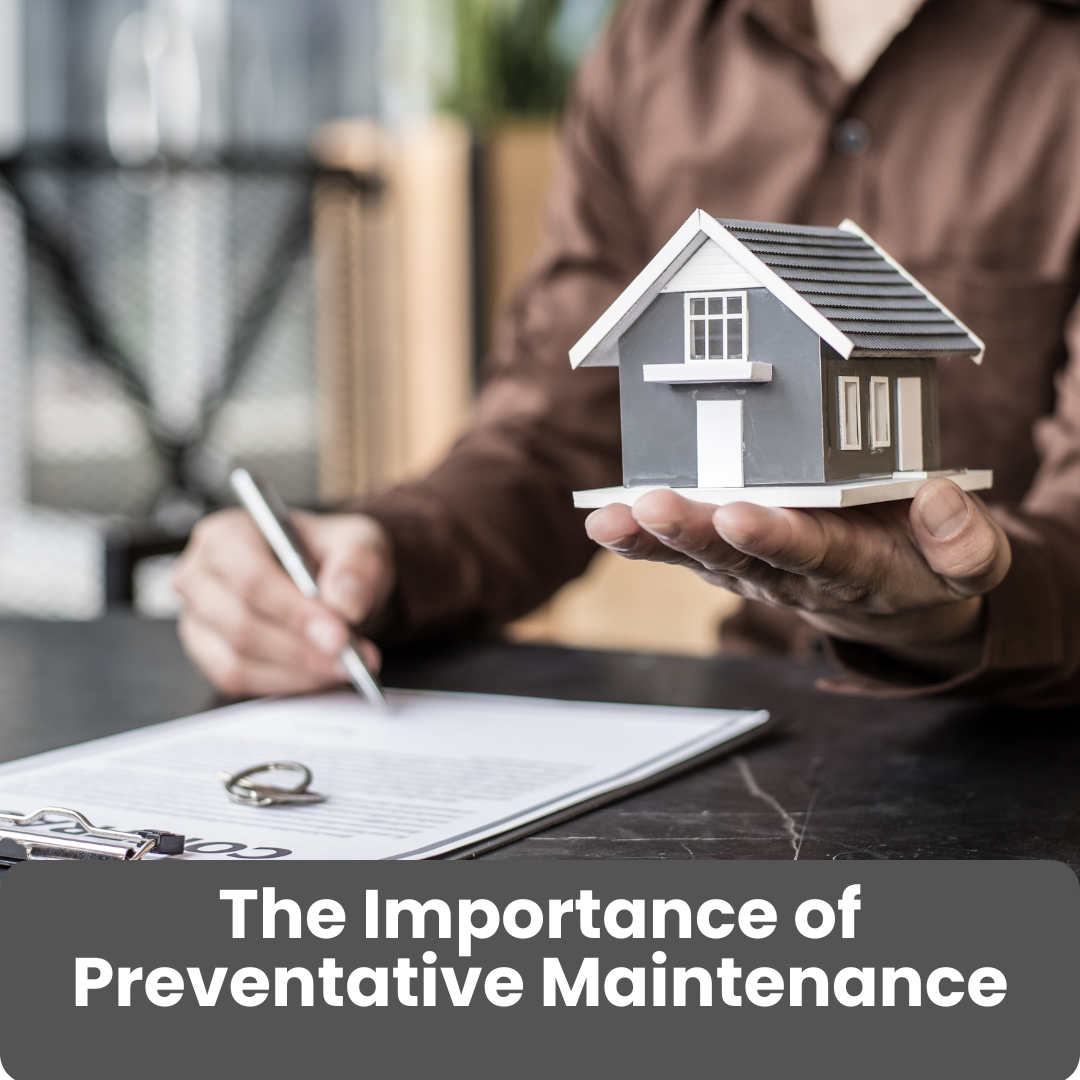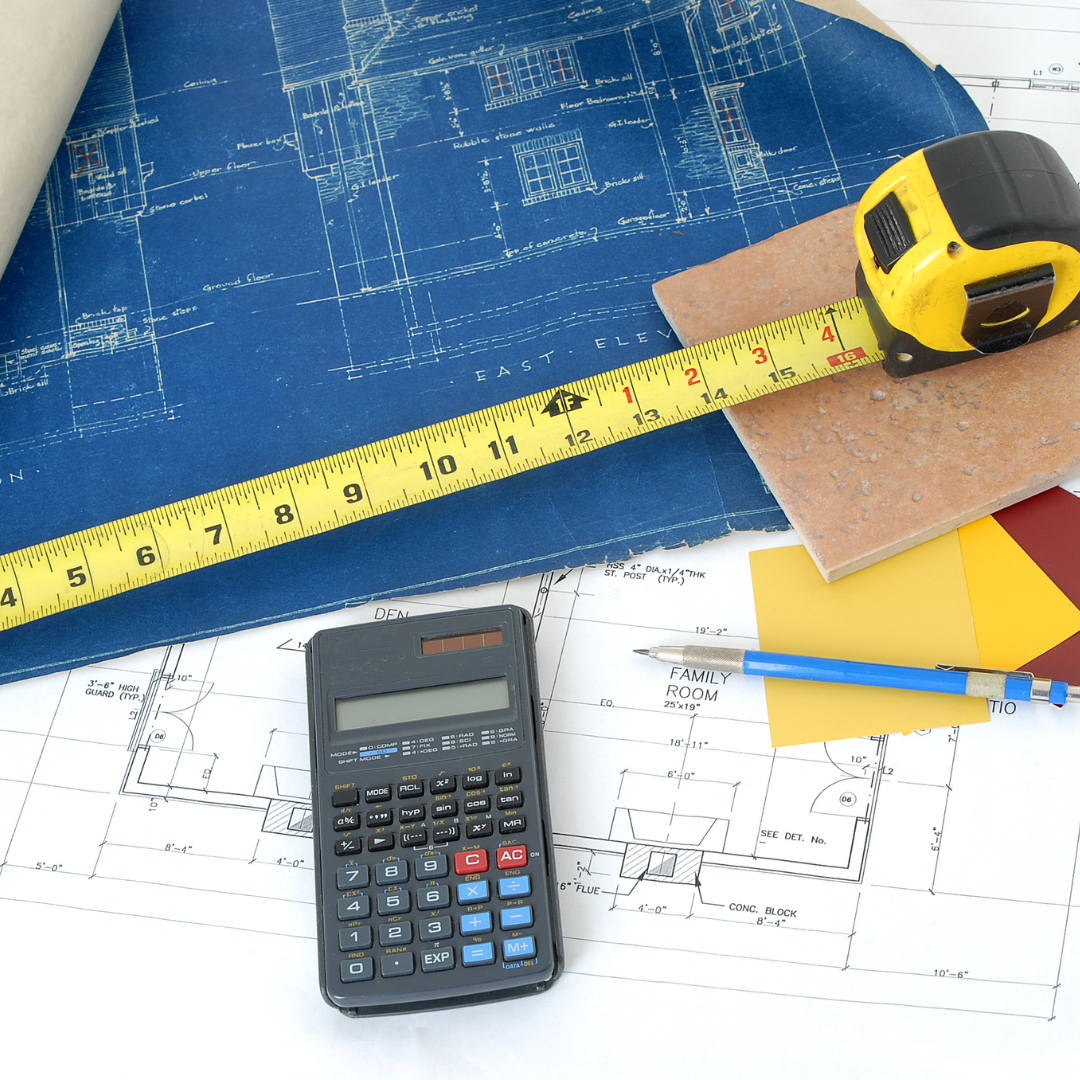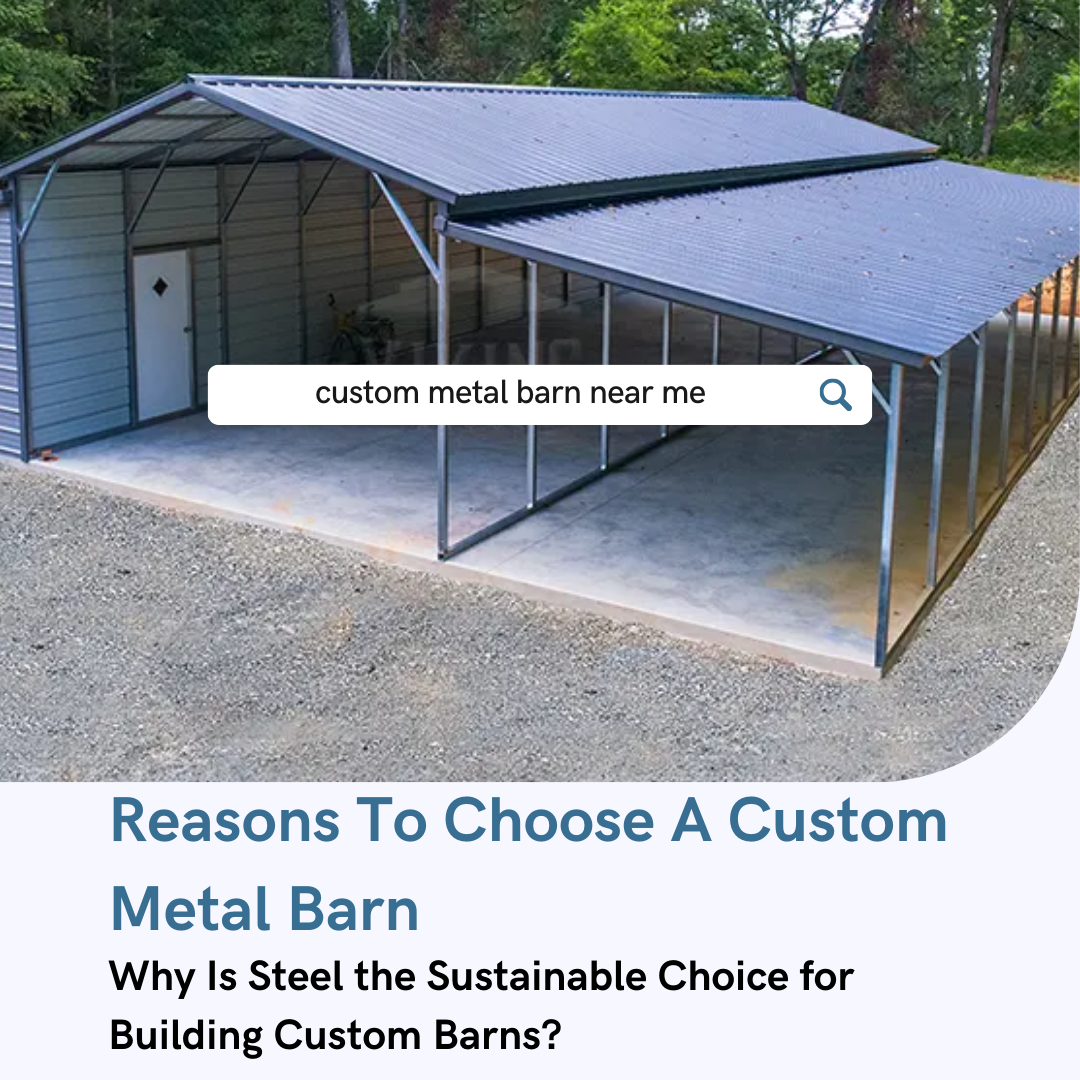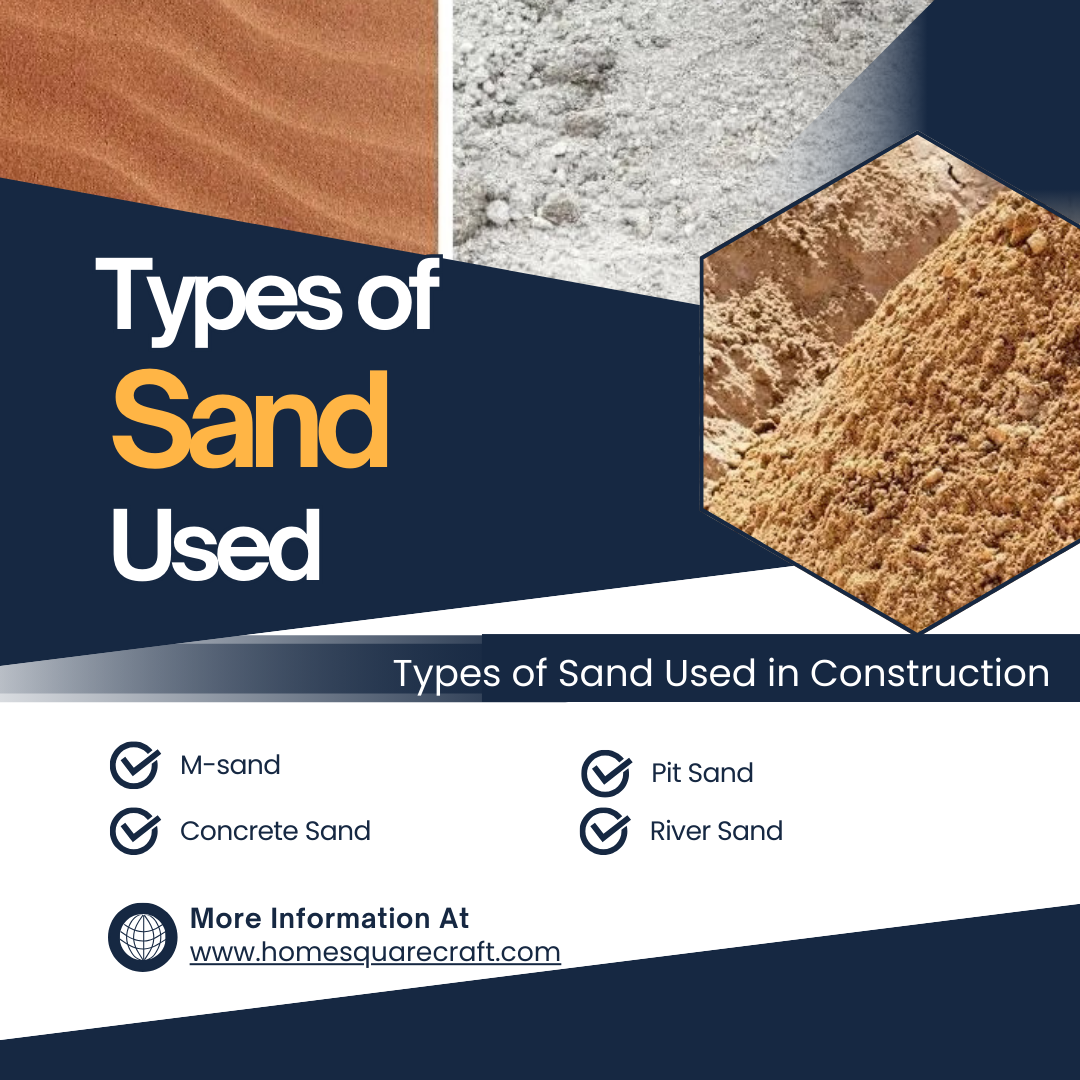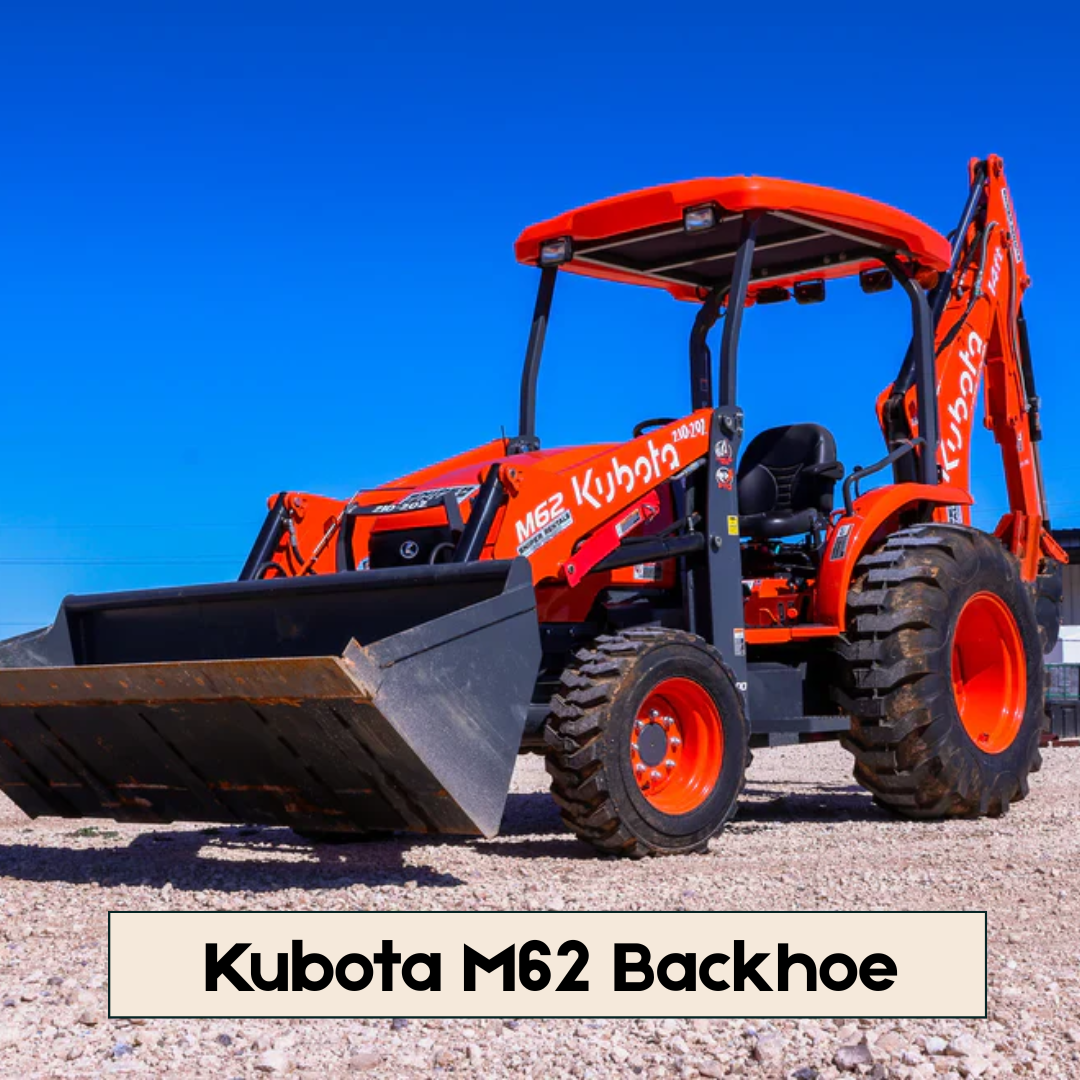Running Out of Hot Water Too Quickly? Here’s When to Replace Your Tank in Winnipeg
Factors Affecting the Lifespan of Hot Water Tanks
There’s nothing more snuggly than water heating your hands in a shower on a Winnipeg winter morning—until, at least, you’re halfway down the back alleyway and discover the hot water won’t quite function and provide the cold-shocking surprise. If this frustrating ritual has been performed on you, then your water heater’s laughing at you.
Hot water isn’t an excess of Winnipeg winters but the need and convenience of cleanliness, even your pipes. And yet, nonetheless, the majority of homeowners will completely do nothing whatsoever about the indications of a dead hot water tank, and that’s causing premature failure, repair, and also water damage.
We have assisted numerous Winnipeggers more than once here at Browns Plumbing & Heating to determine if they require a hot water tank or not, and if one can replace or repair it. The following is the most prevalent indication that your hot water tank is run out and leads you to whether or not you require one.
To get an idea of the symptoms and the repair, let’s first observe what is going to happen behind the scenes:
Mineral Build-Up: Winnipeg water is hard water, and that means it contains a lot of minerals like calcium and magnesium. These kinds of minerals sink to the bottom of your tank over time and form massive globs of sludge that will cause heat blockage and water capacity reduction.
Heating Element Failure: Electric water heaters use heating elements that degrade over time. If they begin to fail, you’ll notice longer heating times, uneven temperatures, or no hot water at all.
Internal Corrosion: As tanks age, rust can develop inside—even with protective anode rods. Once corrosion takes hold, it can lead to leaks or total tank failure.
Thermostat Issue: When your thermostat malfunctions, you are receiving hot water in addition to what you require, cold and cold, or turning off early.
Tiny Hot Water Heater: Once you’ve added on to your house or desire more, the tank that you begin with can be too little to provide your everyday requirement.
1. You’re Heating Hot Water Too Fast
One of the first ones you’re going to be stuck with is when you simply can’t seem to make it through even one shower without having the hot water turned off. If they’ve just recently, and previously well-supplied with hot water in general, there are some suspects which are the obvious:
- Sediment Build-up: Used most often on older tanks. Concentrated sediment occupies less space for warm water and even insulates the heating coil from heat, making it more difficult to heat water rapidly or at all.
- Less Efficient Tanks: Chips will jam and run less effectively. Even if you never actually did have greater water turnover on your hardware tank, your heater just won’t be able to do that anymore.
- Solution: Get a professional to drain and fill your tank to eliminate sediment. If your system is 8–10 or older, eventual replacement will be in the planning.
2. Moody Water Temperature
Hot, cold, lukewarm—is showering by guesswork? Moody water temperatures are more than an annoyance. Most often, they are symptoms that there is some system malfunction that can be reset
- Faulty Thermostat: The old temperature sensor goes haywire and causes runaway heat cycles.
- Scaling on Heat Elements: Dirty temperature sensors with mineral deposits or gets in the way of normal heating.
- Short-Cycling: They will heat and cool quickly with age or economy-grade parts and thus cycle a temperature.
- Solution: It’s well worth having a good tech come out and replace heating coils and blown thermostats and inspect them too. But if your tank is 10 years old or older, however, money many times re-paid to fix it is more than it’s saving.
3. Your Tank Is Older Than 10 Years
Optimally, the water heaters in the hot water tanks would be 8-12 years old. Use is actually violated a good deal earlier than that. With the absolutely bizarre extremes of weather in Winnipeg—if the appliances are operating to capacity—this could be earlier.
To confirm the age of your water heater, look on the appliance label. It will come before a serial number with the manufacturing date. If ten years or fewer, you will be required to:
- Schedule replacement to start
- Schedule inspection to estimate wear and tear
- Purchase new energy-efficient models that will cut utility bills by half
Why let it sit on the ground? Replacing a water heater on schedule can be cost-saving, cost-cutting, and conscience-clearing in the middle of winter.
4. Bizarre Tank Sounds
Is the water heater booming, banging, or hissing along? Instead of that creak of old pipes, these are probably signs of something much more nefarious:
These are signs of something much worse than a simple creak:
- Popping/Rumbling: When steam bubbles are forming up behind groups of hard mineral buildup.
- Sizzling/Hissing: Minimized from leaking into hot parts.
- Knocking/Banging: Occasional due to tank expansion with temperature or settling.
Keep in mind that whenever the sounds are asymmetrical, they will decrease your heater’s effectiveness and increase your bill.
They will cause failure or ruptures unless compensated.
Solution: Regular draining of the tank to prevent noise but if persistent generation of sound within a short time or on multiple occasions, the unit should be replaced.
5. Leaks, Rust, or Visible Moisture
Visible water loss or rusting on your tank must always be checked. They signify:
- Cracking Tank Lining
- Leaking Fittings or Seals
- Overpressure Within
- Severe Corrosion
However, leaking from a joint or valve, then maybe it can be repaired. But leaking from the tank, replace it.
Forget a leak not only insulting to mold or floor wear—but to possible hazardous accidents like scalding water sprays or pressure buildup.
- Repair or Replace? Quick Decision Guide
- Symptom\tRestorable?\tReplace If…
- Varies with temperature\tSometimes\tUnit is 8+ years old
- Valve/fitting small leak\tYes\tLeak source is tank body
- Noises when operating\tSometimes\tFlushing doesn’t work
- Rust-colored water\tRarely\tCorrosion on the tank
- Quick depletion of water\tSometimes\tTank is too small or over 10 years
What to Consider When Choosing a New Water Heater
If you’ve decided to replace your water heater, there are a few important factors to keep in mind:
1. Tank vs. Tankless
Tank models are cheaper to purchase and remain highly efficient for medium-sized to large families.
Tankless are deliver hot water on demand, have better efficiency, and increased longevity. But with a higher installation cost.
2. Energy Efficiency
Replace old systems with new systems bearing the Energy STAR® label, and maybe cut your average monthly utility bill by 50%.
3. Tank Size
Retire it with a new tank of a suitable size to satisfy your home requirement. A standard 4-member family would require a UTS-50 tank as the minimum.
4. Installation Space Room
Make a note of the size of your current unit and the space between the current unit and any other obstructions. The new units sometimes are wider or taller, so check ahead of time before buying.
Whether you’re using a new tank or trying to get more mileage from your current one, regular maintenance is key:
- Flush the tank once a year to prevent sediment build-up.
- Inspect the anode rod every 2–3 years for rust.
- Check the pressure relief valve to ensure that it is in proper condition.
- Get a professional mechanic to check it once a year, especially before it becomes cold.
Conclusion: Don’t Wait Until the Water Gets Cold
If your hot water is losing pressure faster than ever before, then something is wrong. Although temporary circumstances like sediment buildup clogged on a daily basis are battled with a flush of pieces or alignment, more obvious signs of trouble—like leaks, rust, or misaligned temperatures—almost seal the sale for a trouble.
Replacing your hot water heater is a big job, but worth the long-term payoff. A new high-efficiency hot water heater will bring hot water, energy efficiency, and coziness—not to mention Winnipeg’s notoriously inexcusable, below-zero winters.
If it’s outside your budget to repair or replace, Browns Plumbing & Heating is nearby. Our factory-authorised service experts will visit your residence, inspect your system, describe your options, and assist in making the most reasonable choice for your home and your budget.





